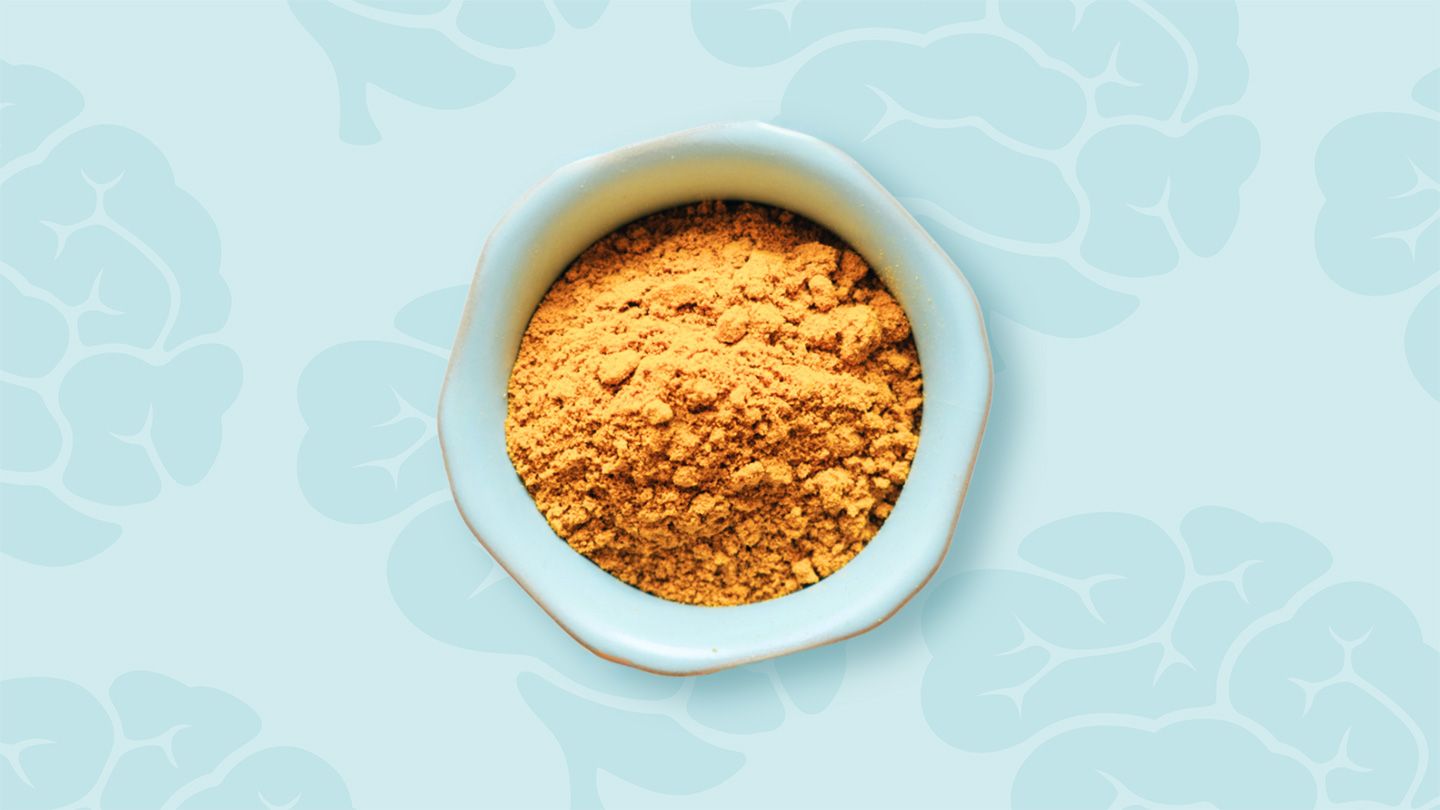One small study of adults between ages 51 and 84 without dementia found that taking a supplement containing 90 milligrams (about one-quarter of a teaspoon) of curcumin twice a day improved memory and cognitive function.
Although this trial was small, with only 40 subjects randomized to either curcumin or placebo, and other trials have had negative results, “[Curcumin] appears to be safe, well-tolerated, and seems to have several beneficial effects. Overall, curcumin appears to be promising,” Dr. Shetty says.
Other research has also found that curcumin has anti-inflammatory properties and may have beneficial effects on experimental (animal) models of Alzheimer’s disease.
How this works is unclear, but in animal models involving rats and mice, it may inhibit the formation of the protein amyloid beta, which is believed to “clump” in the brain and form plaques that disrupt cell function, leading to Alzheimer’s disease, according to one review.
However, clinical trials of curcumin for human Alzheimer’s disease patients haven’t been as promising. Past research has shown mixed results, with one 24-week randomized, double blind, placebo-controlled study unable to demonstrate clinical or biochemical evidence of effectiveness of curcumin extract in individuals with mild to moderate Alzheimer’s disease.
Researchers believe these negative results may have to do with curcumin’s poor bioavailability (how well it can be absorbed and used by the human body) and suggest that different formulations and better delivery strategies should be considered.
More human trials are also necessary, as there have been very few, notes another review. Yet some researchers remain optimistic that curcumin might potentially be used to develop Alzheimer’s therapies in the future.
In other words, it remains to be seen whether curcumin can “reverse” Alzheimer’s disease, Shetty says. So far, studies are negative.
Read the full article here




